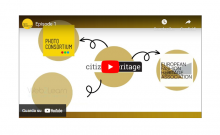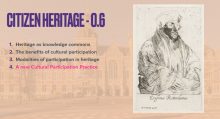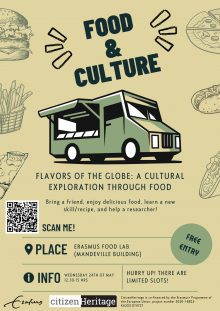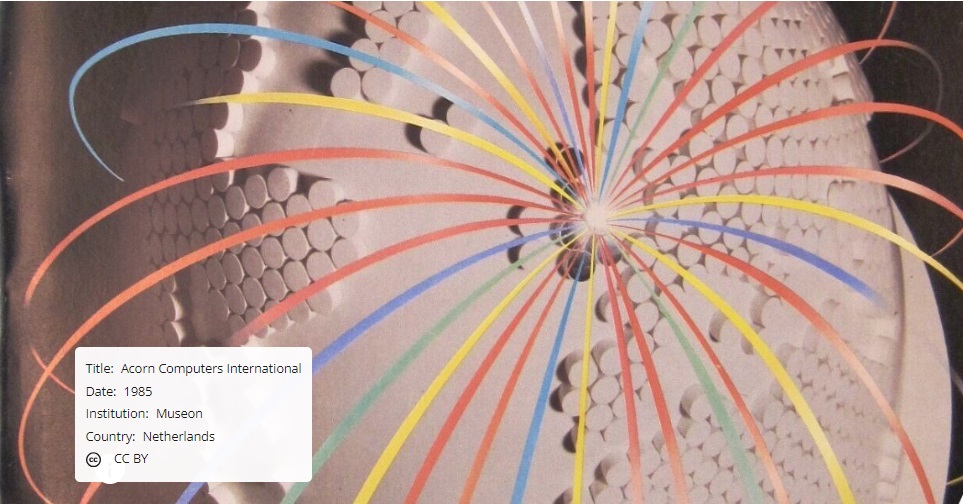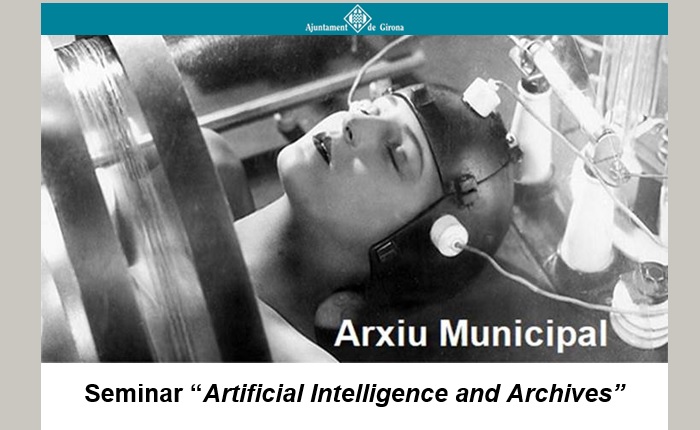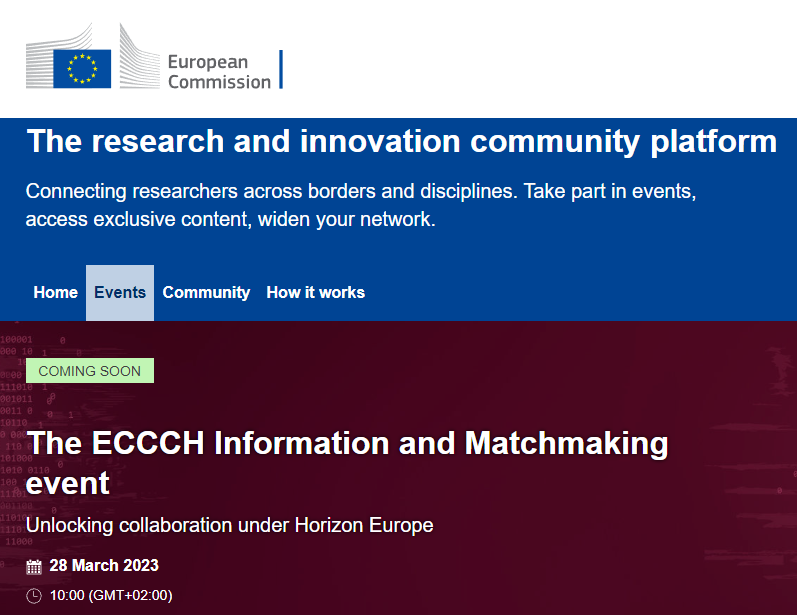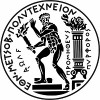text by Denise Martin Weijters, images courtesy of Denise Martin Weijters and Trilce Navarrete (Erasmus University Rotterdam).
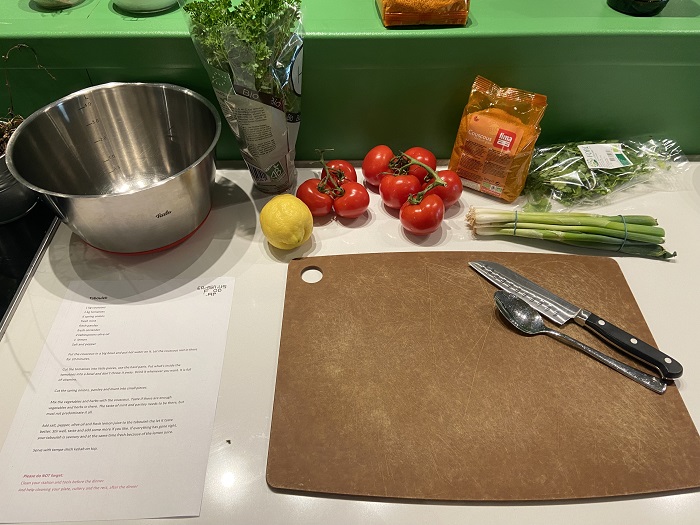
Food is much more than a simple source of nutrition; it is a potent symbol of culture, identity, and tradition. The manner in which we eat, prepare, and share meals reveals much about our identities and origins. Every culture in the world has its own distinctive culinary customs, ingredients, and rituals, creating a tapestry of flavors and tales that connect us to our heritage. From the vibrant spices of India to the exquisite artistry of Japanese cuisine, food is a gateway to understanding a society’s values, customs, and history.
In this blog, we explore the fascinating relationship between food and culture, revealing the rich tapestry of flavors, traditions, and stories that make our culinary world so captivating.
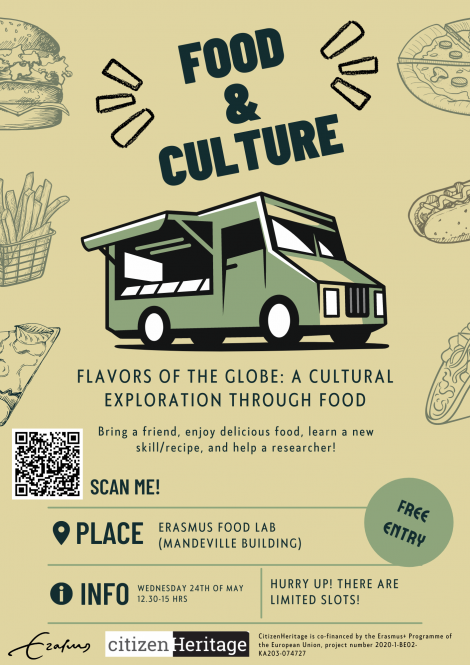 During a workshop organized by Erasmus+ project CitizenHeritage, researchers were able to assist college students in exploring the rich diversity of food cultures around the world and, through the use of surveys, determining how participants view food in relation to culture. The event took place in Rotterdam (The Netherlands) on 24 May 2023, hosted at the Erasmus Food Lab that is an organization dedicated to promoting and raising awareness about healthy and sustainable food. The workshop centered on the preparation of four bio-vegan dishes, creating a menu in collaboration with Erasmusm Food Lab founder Pinar Coskun, and developing a discussion that related food, culture, and identity formation. At the beginning of the workshop, ten participants were actively preparing four distinct dishes. Three of the four dishes were from the cuisine of the Middle East, and one was from the cuisine of the West (specifically Mexico). The following four dishes were prepared:
During a workshop organized by Erasmus+ project CitizenHeritage, researchers were able to assist college students in exploring the rich diversity of food cultures around the world and, through the use of surveys, determining how participants view food in relation to culture. The event took place in Rotterdam (The Netherlands) on 24 May 2023, hosted at the Erasmus Food Lab that is an organization dedicated to promoting and raising awareness about healthy and sustainable food. The workshop centered on the preparation of four bio-vegan dishes, creating a menu in collaboration with Erasmusm Food Lab founder Pinar Coskun, and developing a discussion that related food, culture, and identity formation. At the beginning of the workshop, ten participants were actively preparing four distinct dishes. Three of the four dishes were from the cuisine of the Middle East, and one was from the cuisine of the West (specifically Mexico). The following four dishes were prepared:
1. Tabbouleh (Lebanon)
2. Guacamole (Mexico)
3. Tempeh Shish Kebab (Middle Eastern)
4. Samoza (India)
The total time required to prepare the dishes was approximately 30 to 45 minutes.
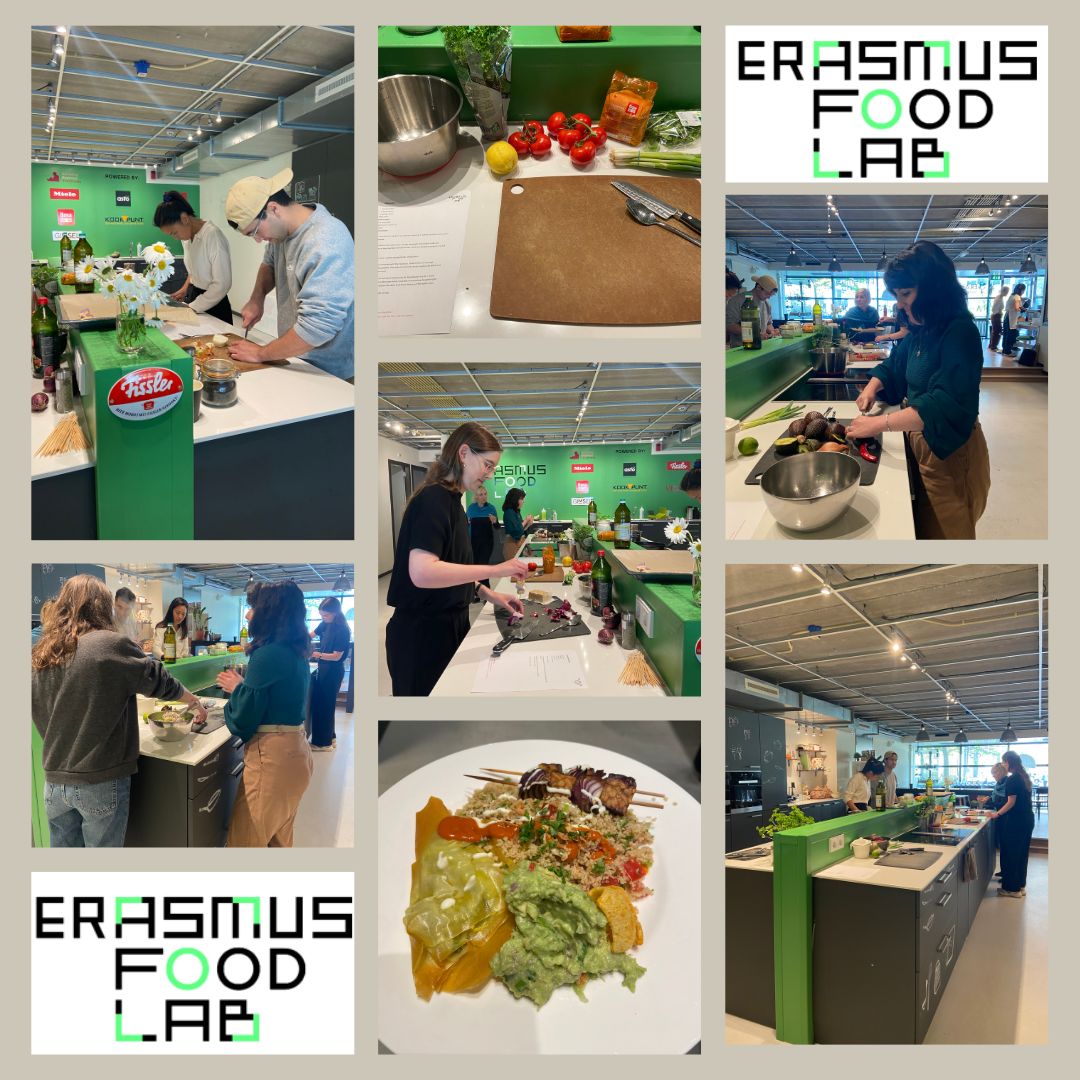
After the food was prepared, everyone sat down to enjoy the joint result. During this time, participants engaged in fruitful discussion on a variety of topics, including sustainability, the environment, and climate education (among others).
A distinction was also made between cooking for oneself and cooking for others. Additionally, it is more satisfying to consume something in which one has participated in its creation or production.
Pinar Coskun, founder of Erasmus Food Lab, then gave a presentation on food identity. The presentation discussed the three distinct factors — experts, markets, and others — which contribute to the formation of food identity. First, experts consider (for instance) the national guidelines of a particular nation (these guidelines, of course, vary based on their national context). The national guidelines for the Netherlands and Japan are shown in the two figures below (source: UN Food-based dietary guidelines), and highlight the cultural differences in expert advice.
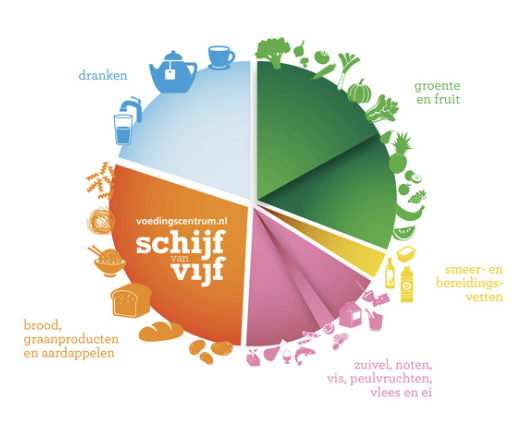
source: UN Food-based dietary guidelines
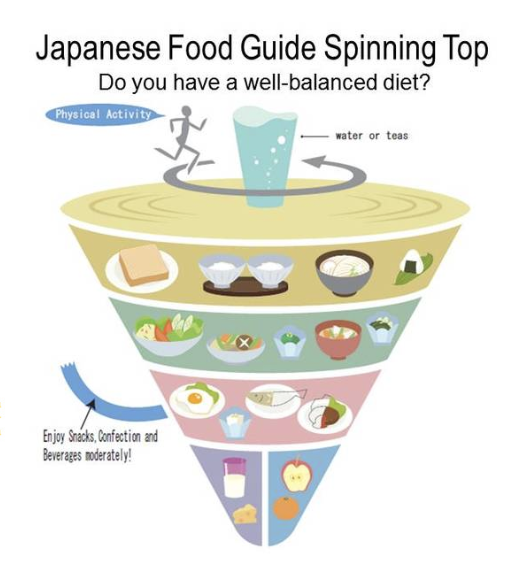
source: UN Food-based dietary guidelines
The second aspect of markets is what advertising and marketing firms tell us about food.
For instance, research has been conducted on the advertising practices of various fast food restaurants. McDonald’s, for example, focused on emotions such as happiness and togetherness, whereas Burger King emphasized the formation and maintenance of family and friendships through food. Also discussed was the relationship between food and politics. It was noted, for instance, that the European Commission allocates substantial funds and subsidies to campaigns for the meat industry. Thirdly, others include your inner circle, family, friends, and social media influencers you may follow.
It all boils down to the decisions you make regarding your eating habits and relationship with food. The manner in which you consume food also depends on factors such as your beliefs, region, lifestyle, and health. Beliefs are significant because food consumption can be correlated with religious beliefs. In Hinduism, for instance, cows are considered sacred and are therefore not consumed. Pork is sacred in Judaism and Islam, and adherents do not consume it. And so forth.
In addition to experts, markets, and others, a person’s geographical location, specifically the region in which they reside, influences their food consumption. For example, Mediterranean and Latin herbs are vastly dissimilar, so if you reside in either region, your diet will vary. Also, the choice of food must be affordable: it is unfortunate, but for some, fast food may be the only option, without the option to consider nutrients, sustainability, or the social experience of participating in a cooking party.

Flavors of the Globe: A Cultural Exploration through Food successfully offered participants a deeper appreciation for the richness of our culinary heritage. By uncovering the stories and traditions behind each dish, this workshop celebrated the diversity of flavors and the profound cultural significance that food embodies. It encouraged participants to reflect on their own culinary journeys, inviting them to embrace the transformative power of food as a gateway to understanding different societies, their values, customs, and histories.
Flavors of the Globe: A Cultural Exploration Through Food
24th May, 2021, h. 12:30 – 15:00
Agenda
12.30 Welcome greetings, prof. Trilce Navarrete
12.35 Participants’ survey, prof. Trilce Navarrete
12.40 Cooking activity, Pinar Coskun (founder of Erasmus Food Lab)
13.25 Reflection of cooking activity, prof. Trilce Navarrete
13.35 Presentation by Pinar Coskun (founder of Erasmus Food Lab)
14.35 Discussion of presentation
14.45 Conclusions
15.00 End of workshop



